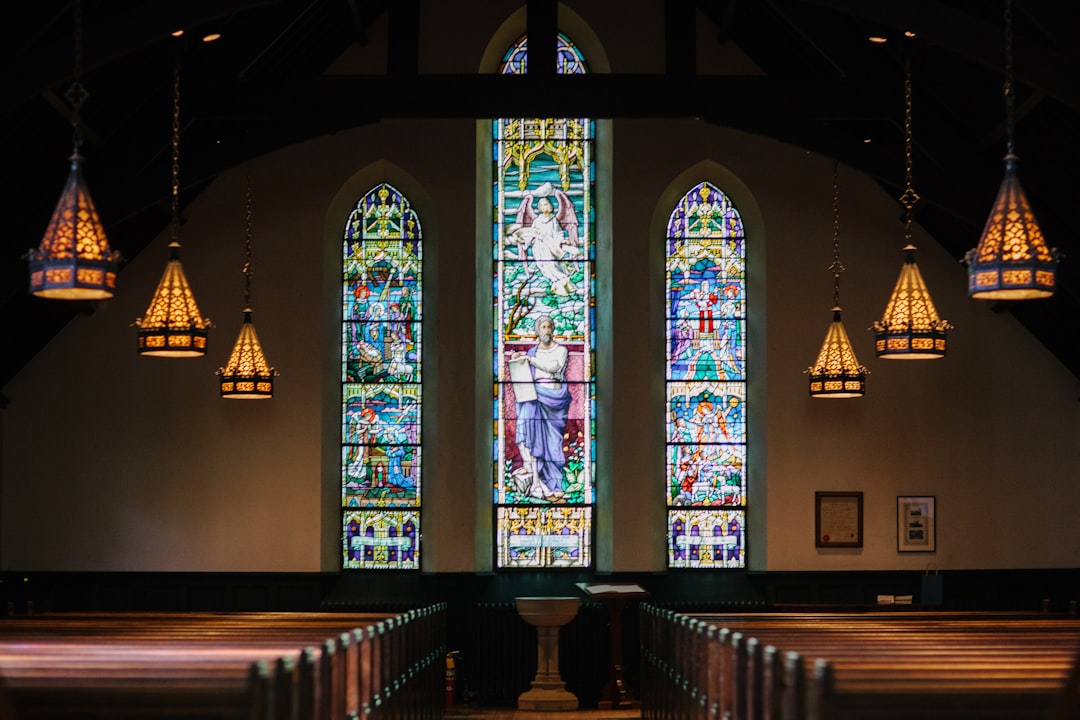Understanding clergy abuse patterns is crucial for recognizing red flags and supporting victims in seeking justice. In Kansas, a robust legal framework protects victims, with specialized clergy abuse attorneys guiding individuals through civil lawsuits against offending clergypersons or organizations. Connecting with these attorneys is a vital step towards justice, requiring gathering evidence and scheduling consultations to discuss the case. Selecting experienced lawyers with church law knowledge ensures ethical treatment and protection of rights in handling sensitive matters. Initial consultations cover case nuances, legal processes, potential outcomes, and emotional support resources.
Navigating Clergy Abuse Legal Consultations in Kansas
In dealing with clergy abuse, seeking legal counsel is a crucial step towards justice and healing. This guide aims to empower victims by outlining the process of consulting with specialized clergy abuse attorneys in Kansas. From understanding the red flags of abusive behavior to choosing the right legal representative, this article provides an essential roadmap. Learn how to initiate a consultation, what questions to ask, and the steps involved in holding accountable those who have caused harm within religious institutions.
Understanding Clergy Abuse: Recognizing Patterns and Red Flags

Understanding clergy abuse is crucial for recognizing patterns and red flags, which can help victims come forward and seek justice. In many cases, abusers within religious institutions exploit their positions of power to manipulate and control individuals, often targeting vulnerable persons within the congregation. This manipulation may take various forms, including emotional coercion, spiritual blackmail, or even physical abuse, all under the guise of spiritual guidance.
Red flags can include unusual behavior from clergy members, such as excessive control over members’ personal lives, isolating victims from friends and family, or using religious teachings to justify inappropriate actions. Victims may also exhibit signs of emotional distress, changes in behavior, or sudden financial struggles. If you or someone you know is experiencing these, it’s important to reach out to clergy abuse attorneys in Kansas for legal consultation. These professionals can help navigate the complex issues involved and provide guidance on seeking justice and healing.
The Legal Framework: Kansas Laws Protecting Victims of Clergy Abuse

In Kansas, the legal framework is in place to protect victims of clergy abuse, providing a path for justice and healing. The state’s laws recognize the unique dynamics of relationships within religious institutions and have established guidelines to address instances of abuse by spiritual leaders. These laws not only criminalize certain behaviors but also offer civil remedies for those who have suffered harm at the hands of their clergy.
Victims of clergy abuse in Kansas can find support through specialized attorneys who understand both the legal system and the sensitivity of these cases. Clergy abuse attorneys Kansas are equipped to guide individuals through the consultation process, explaining their rights and available options. This includes the potential for civil lawsuits against the offending clergyperson or the religious organization they represent, seeking compensation for emotional distress, financial losses, and other damages incurred due to the abuse.
Taking Action: Steps to Initiate a Legal Consultation for Clergy Abuse Cases

If you or someone you know has experienced abuse at the hands of a religious figure, it’s important to take action and seek justice. The first step is to reach out to clergy abuse attorneys Kansas. These legal professionals specialize in handling sensitive cases involving sexual or emotional misconduct within religious institutions. They can provide guidance tailored to your situation.
Initiating a legal consultation involves several steps: gather any evidence, such as documents or testimonies, that support your case; contact reputable clergy abuse attorneys Kansas who have experience with similar cases; and schedule an initial consultation to discuss the details of your experience and understand your legal options. This process is crucial for holding perpetrators accountable and seeking the closure and justice you deserve.
Choosing the Right Attorney: Criteria for Selecting Clergy Abuse Attorneys in Kansas

When seeking legal counsel for clergy abuse cases in Kansas, choosing the right attorney is a critical step. It’s essential to find a lawyer who possesses specialized knowledge and experience in handling such sensitive matters. Look for clergy abuse attorneys in Kansas with a proven track record of success in similar cases, as this indicates their expertise and understanding of the unique legal challenges involved.
Consider attorneys who have specific training or certifications in church law or religious organizations’ internal structures. This specialized knowledge will help them navigate complex issues related to institutional liability, confidentiality, and potential conflicts within religious communities. Additionally, seek lawyers with a reputation for ethical practice and a commitment to protecting the rights of victims, ensuring your case is handled with sensitivity and discretion.
The Consultation Process: What to Expect During Your Initial Meeting with Clergy Abuse Lawyers

When you reach out to clergy abuse attorneys Kansas for the first time, be prepared for a thorough initial consultation. During this meeting, your lawyers will aim to understand the intricacies of your case, including the nature and extent of any abuse you experienced while under the care of a religious figure. They’ll ask about relevant details, such as when and where the incidents occurred, who was involved, and how these experiences have impacted your life.
This initial consultation is also an opportunity for you to voice your concerns, ask questions, and gain clarity on the legal process ahead. Expect your lawyers to explain their approach to your case, discuss potential outcomes, and outline the steps they’ll take to help you seek justice. They may even provide resources or referrals to support your emotional well-being during this challenging time.






